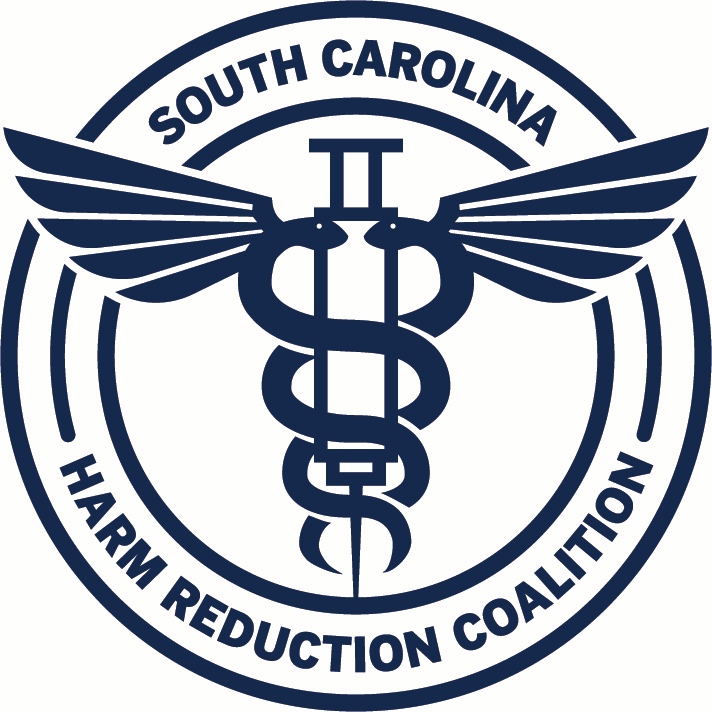SCHRC Response and Evidence-Based Perspective on the Complexity of Xylazine
In this article, our Chair, Marc Burrows, offers a nuanced, evidence-based perspective on the complexities of xylazine. This is particularly crucial given that the article contains incorrect information from other sources.
For those seeking additional scientific context, recent research by Nabarun Dasgupta, PhD and colleagues, confirms that xylazine is a synthetic opioid. It acts on the kappa opioid receptor and as an alpha-2 adrenergic drug. This aligns with what frontline workers and people who use drugs have observed. Dasgupta also clarifies that naloxone does have an effect on xylazine. While it may not fully reverse sedation, it can induce withdrawal and is effective against fentanyl. His advice? "Keep using naloxone and bring back rescue breathing."
Let's prioritize accurate, science-backed information over the use of stigmatizing terms like "zombie drug." The individuals we care about are not mindless creatures; they are humans navigating substance use in an unregulated drug market. It's essential that we concentrate on implementing effective solutions like drug checking to support our friends and loved ones, instead of adding to their marginalization. And there's no evidence to support the claim that xylazine is intentionally being mixed with cocaine. Let's stick to the facts, not fiction!
For more on xylazine, see recent research here. If you’re a journalist, please check out Reporting on Addiction for resources on reducing trauma and stigma in media portrayals of addiction.
